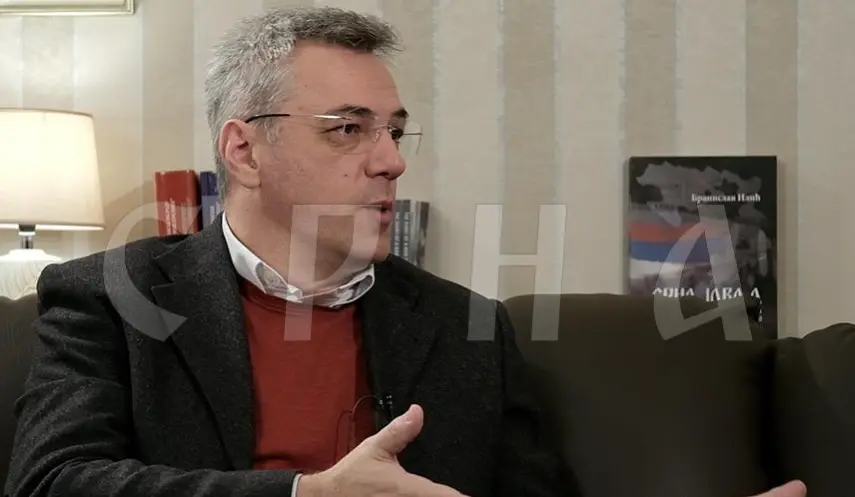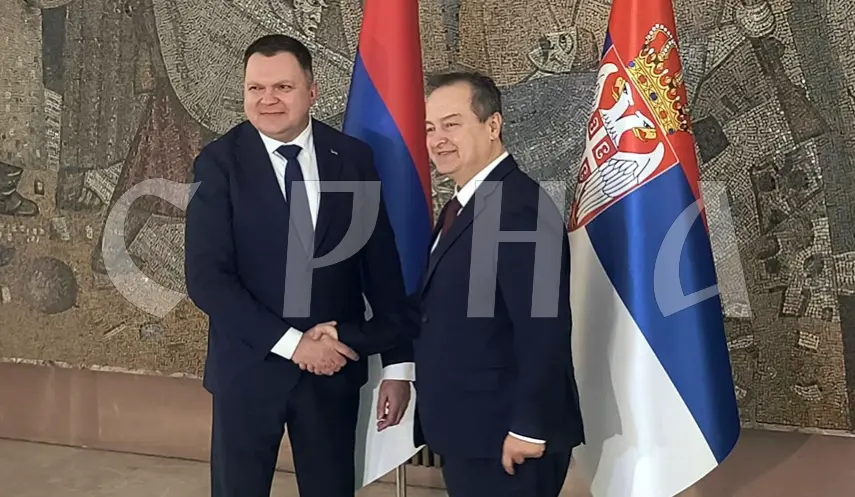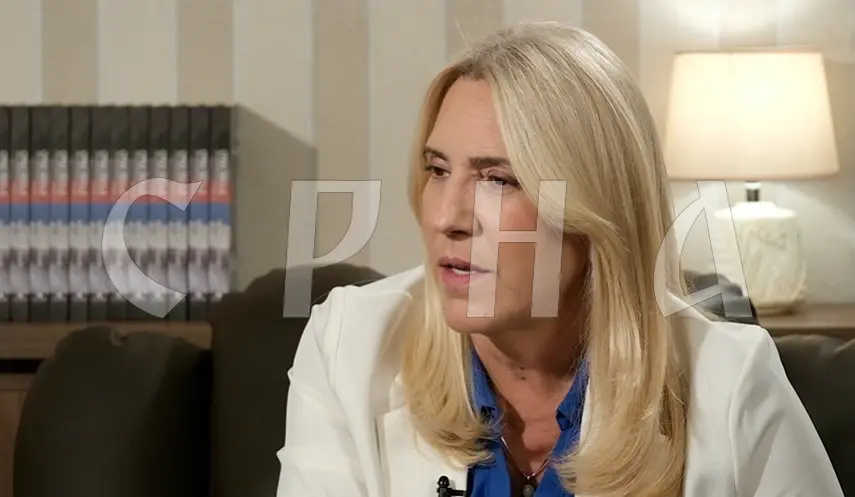TADIĆ: GERMANY'S AGGRESSIVE POLICY TOWARD SRPSKA NOT SURPRISING
Republika Srpska - response - Tadić - EU - non - paper - Germany - France - Schmidt
05/23/2025
11:10

EAST SARAJEVO, MAY 23 /SRNA/ – Legal expert Ognjen Tadić stated that reports of a non-paper allegedly originating from Germany, aiming to persuade the rest of the EU to pursue an aggressive policy toward Republika Srpska and its political leadership, are not surprising—but what is more unexpected is the claim that someone from France has joined such a policy, thereby disrupting France's traditionally more balanced stance toward BiH.
"Germany has long been pursuing this kind of policy. Just look at recent examples from the past four years—the sending of Christian Schmidt to BiH, sponsoring the genocide resolution at the UN General Assembly, obstructing signed development projects, and imposing sanctions on the political leadership of Republika Srpska," Tadić told SRNA.
He emphasized that France, as the only major EU power with possible real credibility in the Balkans, should not follow the policies of countries like Germany.
"Still, we do not determine the policies of France or the EU. What we can do is highlight how harmful such a policy is. More importantly, we do decide on our own commitment to defending the Dayton Peace Accords. On that issue, it is clear that Republika Srpska's position is fully justified and principled. Those who oppose or threaten Srpska are essentially opposing the Dayton Agreement itself," said Tadić.
Yesterday, Serbian President Aleksandar Vučić informed members of the National Security Council about a non-paper reportedly created by France and Germany concerning BiH, which also affects Republika Srpska.
According to Večernje novosti, the document allegedly outlines a plan by Western powers and Brussels to launch a severe political offensive against top Republika Srpska leaders - President Milorad Dodik, Prime Minister Radovan Višković, and National Assembly Speaker Nenad Stevandić - with the aim of removing them from power under the pretext that they are obstructing BiH's path toward NATO and EU integration and contributing to the fragmentation of the country.








